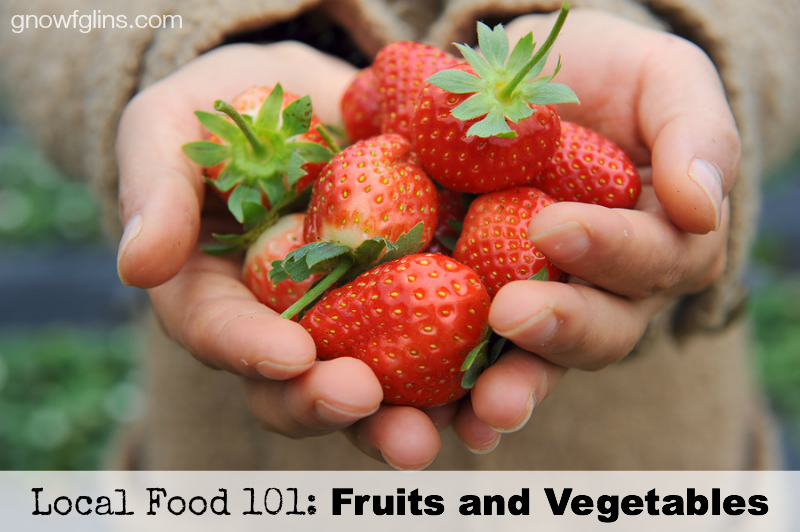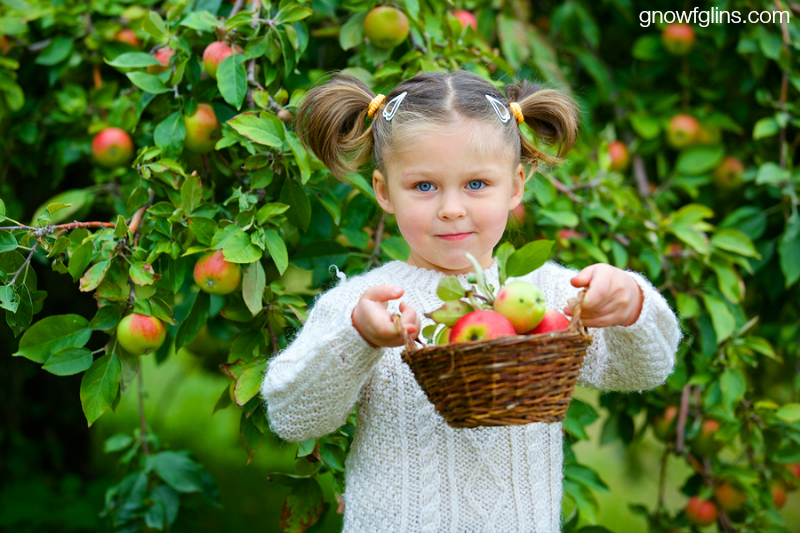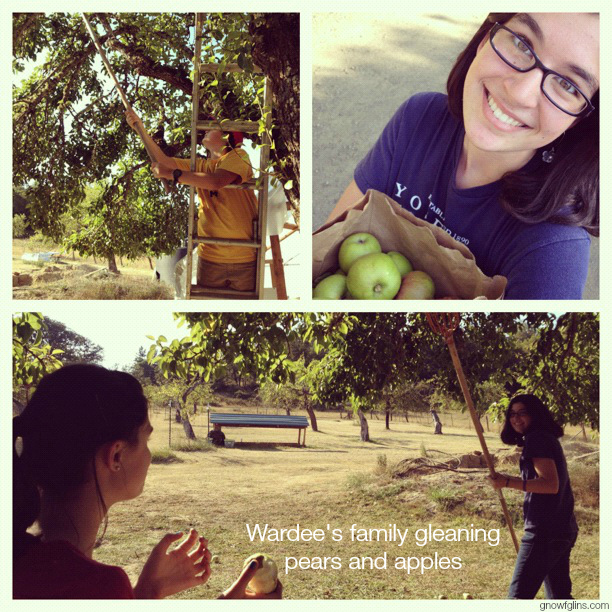
Knowing your food and your farmer. We talk about this, but why is it important? So you can support farmers who practice sustainable agriculture that improves the land, soil, and animal health; to provide healthy nourishment for your and your family; and ultimately to glorify our Creator through our recognition and pursuit of food systems that honor His design.
But how can you know if a particular food source is a wise and healthy choice? You start by talking to the farmer who produces it, asking questions that pertain to the type of food you’re buying.
This is the Local Food 101 series, where we’ll cover types of local food, along with the particular questions you can ask to determine the quality of the food being offered. We have already covered chickens and eggs and beef, and in this post we’ll address fruits and vegetables.
Timing
When was your produce picked?
Local produce is set apart from commercial produce in many ways, one of the differences being the time it was picked. Most commercial fruits and veggies, in preparation for traveling long distances, are harvested when they are still green on the vine and sprayed with ethylene later on to quickly ripen them. The ethylene is a harmful chemical which we then ingest.
In contrast, sustainable farmers harvest their produce at the peak of flavor, nutrition, and maturity. Food grown and picked this way is incomparable to anything you’ll find at a grocery store.
Food sold at the farmers’ market is usually picked within a few days of the market itself, not necessarily the day of. Why? Because lots of farmers pack up very early in the morning to travel to a market, and that usually means the food was picked the day before or in the few days before. (There are exceptions, of course. At a small market in the afternoon, you might purchase asparagus picked just hours before!)
In short, your farmers work hard to provide nutritious and delicious produce, and coming to the market with an unreasonably high expectation won’t build a good rapport with them. Instead of asking “Was this picked today?” ask the more open ended “When was this item picked?” You’ll get a much more forthcoming response and have a more pleasant exchange.

Pests
How do you deal with pests?
Commercial produce is regularly and aggressively sprayed with pesticides to deter grubs, bugs, and other pests. Obviously, these chemicals have numerous health issues and are simply unsafe. You can read more about foods typically known for carrying high pesticide residues here.
So how does your farmer cope with the local pest population when it comes to his fruits and vegetables? His response should tell you all you need to do — he may simply abstain from chemical methods of pest control or he may try his own natural management methods. Organic or natural pest control methods, companion planting, or even something completely “outside the box” are acceptable answers. Each farmer has his own tricks, but the goal is to get a feel for the values behind his practices and see if you’re comfortable with his methods.
Soil
How do you care for your soil? Do you enhance your soil’s health with compost? Do you give your land a break every so often and/or practice crop rotation?
If your farmer is concerned with sustainability, his produce will grow better over time, and his soil will flourish year after year. Perhaps he nourishes the ground by running farm animals over it before planting season, or perhaps his pigs or chickens till up the garden just before seeds go into the ground. There are many ways to accomplish this, and asking the question can reveal whether or not your farmer is on this path… or not.

Price
Wardee covers options for getting a good price on seasonal, local produce here, like U-pick, friends, and local farms with an abundance.
It’s important to know when your desired produce hits its peak season — that’s the time to pay your farmer (or friend) a visit and ask for a good deal on large quantities. Since produce tends to ripen faster at the peak, the farmers are eager to sell it quickly. Just be ready to eat, freeze, dehydrate, or otherwise preserve the excess so you and your family can enjoy it in the year to come!
What other questions do you ask your produce farmers? Any other issues to bring up?
...without giving up the foods you love or spending all day in the kitchen!

2 free books:
Eat God's Way
Ditch the Standard American Diet, get healthier & happier, and save money on groceries...
We only recommend products and services we wholeheartedly endorse. This post may contain special links through which we earn a small commission if you make a purchase (though your price is the same).


I really appreciate the way you recommend addressing the question of “when was this harvested”. We tried to sell our produce at a few markets last year. In order to be at the market in time to set up a tent, table, and set out the produce, we had to leave the house before seven. Harvesting enough lettuces (which had to be washed, dried, and bagged) to sell would be impossible to gather before that time. We always had to prepare a day or two in advance in order to be ready to go Saturday morning. I think produce picked a day before or even a few days before it hits the farmer’s market is still superior to anything conventional sold at a regular grocery store. 🙂
Jenny;
I live in NOVA. Where will your farm be?